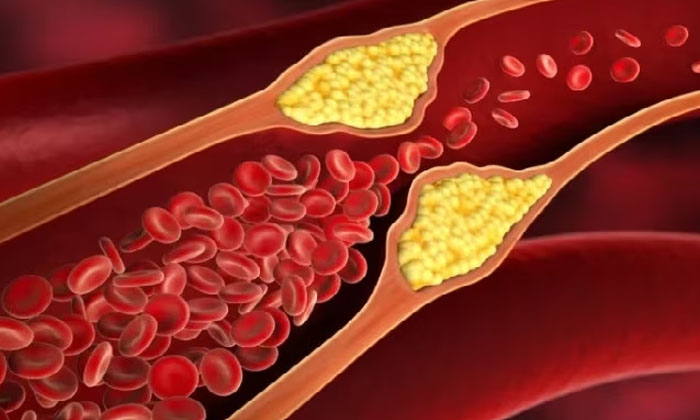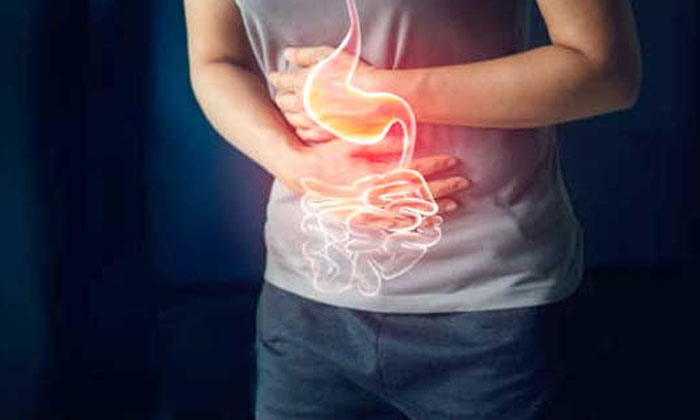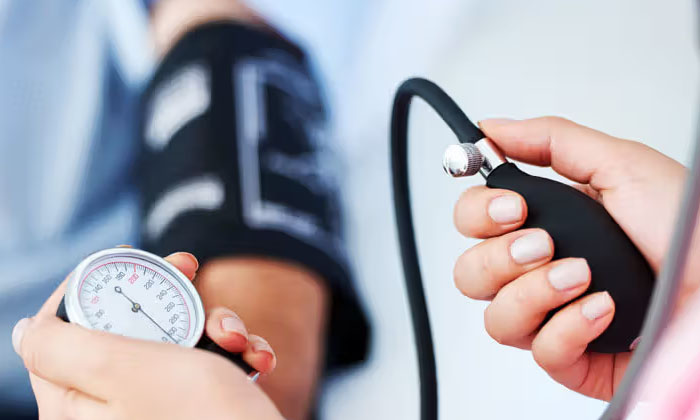“peanuts.” In India, they are often enjoyed in various forms, including as a snack, in chutneys, and as a key ingredient in dishes like “pulihora” and “talimpu.”
They also prepare laddoos with peanuts. Some mix peanuts with jaggery and eat them. Peanuts are rich in nutrients such as protein, calcium, magnesium, potassium, iron, fatty acids, vitamin E, vitamin B, and fiber. They offer various health benefits.
Especially for those with high blood pressure, it is advisable to include peanuts in their diet. Peanuts have the ability to lower high blood pressure by regulating excess blood volume.
Before going to bed, one should soak two spoons of peanuts in a bowl and consume them with a cup of water at night. The next day, those peanuts should be eaten. Doing this daily can help control high blood pressure.

Peanuts are fantastic at helping control high blood pressure due to their high potassium and magnesium content. Additionally, consuming peanuts in the morning after soaking them overnight can provide the body with essential proteins. They help in reducing bad cholesterol levels in the body and increasing good cholesterol levels. Regular consumption of peanuts in moderation can lead to stable blood pressure. They also contribute to improved brain function and enhanced memory.

When people with high blood pressure consume peanuts or groundnuts, it’s important to consider the potential effects:
1. Sodium Content: Peanuts naturally contain some sodium, which can contribute to high blood pressure when consumed in excess. However, the sodium content in peanuts is relatively low compared to many other processed snacks. It’s advisable for individuals with high blood pressure to monitor their sodium intake and enjoy peanuts in moderation.
2.Potassium: Peanuts are a good source of potassium, which can have a beneficial impact on blood pressure. Potassium helps counteract the effects of sodium in the body, potentially helping to lower blood pressure. Still, it’s essential to maintain a balanced diet and not rely solely on peanuts for potassium intake.
3.Fiber: Peanuts are also rich in dietary fiber, which can have a positive influence on blood pressure. Fiber helps regulate blood sugar levels and can indirectly contribute to better blood pressure control. Including a variety of high-fiber foods in your diet is recommended.
4.Monounsaturated Fats: Peanuts contain monounsaturated fats, which are considered heart-healthy fats. These fats can help lower bad cholesterol levels and reduce the risk of heart disease, which is often associated with high blood pressure.
5.Caloric Intake: While peanuts offer health benefits, they are calorie-dense. Consuming them in excessive amounts can lead to weight gain, which can exacerbate high blood pressure. It’s crucial to practice portion control to maintain a healthy weight.
6.Allergies: Some individuals may be allergic to peanuts, and an allergic reaction can lead to a sudden increase in blood pressure. If you have a known peanut allergy, it’s essential to avoid them entirely.
In summary, when people with high blood pressure consume peanuts or groundnuts, it’s generally safe and can even have some beneficial effects on blood pressure due to their potassium, fiber, and healthy fats content. However, moderation is key, and it’s important to consider overall dietary choices and potential allergies. If you have concerns about your blood pressure or dietary choices, it’s advisable to consult with a healthcare professional or registered dietitian for personalized guidance.

